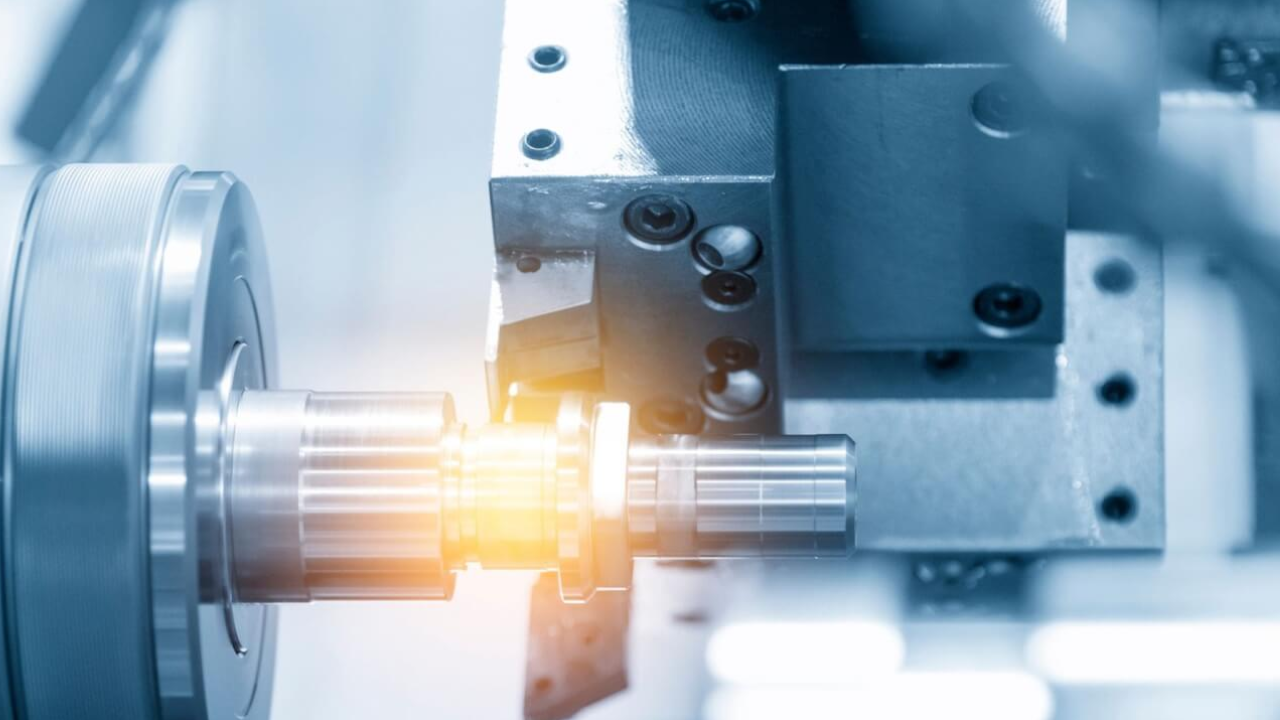Electrolysis is a non-traditional machining technique called electrochemical machining (ECM) that removes material from electrically conductive workpieces. In electrochemical melting (ECM), an electrolyte solution acts as a channel for electrical conduction, and a conductive tool typically composed of materials like copper or stainless steel is brought near the workpiece.
Metal dissolves at the atomic level when a potential difference is applied between the tool (cathode) and the workpiece (anode), degrading the substance. With little mechanical stress, elaborate structures and complex geometries can be created using this exact, contactless process. The ecm machining finds uses in various industries, including the fabrication of electronics, medical equipment, and aerospace, where extreme precision and minute detailing are crucial.
Is ECM Environmentally Friendly?
When compared to other traditional machining techniques, electrochemical machining, or ECM, is usually thought to be more environmentally benign. The process produces very little heat and runs at lower temperatures, which uses less energy. Furthermore, ECM generates less waste since the material is extracted via electrochemical dissolving as opposed to mechanical cutting, which reduces scrap.
However, the environmental effects of metal removal and the disposal of electrolyte solutions that may contain chemicals should be taken into account. To guarantee that ECM minimizes its overall environmental impact and is in line with sustainable manufacturing methods, proper handling and disposal procedures are crucial.
Various ECM Applications
Electrolysis is a non-traditional machining technique that removes material from electrically conductive workpieces selectively. The many uses for which ECM has shown to be a useful manufacturing approach are examined below.
Aircraft Industry
ECM is used in the aircraft industry to manufacture vital parts like engine parts, turbine blades, and complex airfoil forms. Aerospace applications benefit greatly from the method’s accuracy and suitability for handling heat-sensitive materials.
Medical Devices
Electrochemical Machining (ECM) is used in the manufacturing of surgical instruments, implants, and parts for diagnostic equipment. Its capacity to precisely construct complex shapes is essential for fulfilling the strict specifications of the medical sector.
Automobile Components
ECM is used in the manufacture of gears, fuel injection nozzles, and other engine parts by the automobile industry. The ability of the technique to create intricate geometries and uphold precise tolerances enhances the effectiveness and functionality of automotive systems.
Electronic Components
Micro-sized gears, connections, and sensors are among the electronic components that are manufactured using ECM. It can produce complex and tiny parts for electronic devices because of its micro-level capacity to work with conductive materials.
Mold and Die Making
ECM is used in the tool and die sector to create molds with fine features. The procedure is useful for producing molds used in injection molding and die-casting operations because it aids in achieving exact cavity shapes and fine surface finishes.
Turbo machinery
Compressor blades and vanes, among other components of turbo machinery, are produced in large quantities using ECM technology. High-strength alloys may be efficiently stripped of material while still creating intricate airfoil shapes because of this method.
Energy Industry
ECM is used to manufacture parts for renewable energy systems and gas turbine blades, among other things. Applications related to energy depend heavily on the process’s capacity to function with a range of materials while preserving structural integrity.
Jewelry Manufacturing
Creating elaborate and detailed metal components is one of the uses of ECM in this industry. When crafting intricate intricacies and delicate designs out of precious metals, the method’s accuracy is deeply appreciated.
Research and Development
To prototype and investigate novel materials and procedures, ECM is employed in research and development environments. Because of its adaptability, scientists can experiment with various combinations and forms, which spurs the creation of novel items.
Consumer Electronics
Electrochemical Machining (ECM) is used in the production of consumer electronics to accurately and precisely machine small parts, connections, and other complex components. ECM is useful in creating complicated and tiny parts that are essential to the operation and performance of gadgets in the consumer electronics sector because of its capacity to work with conductive materials on a microscale.
Conclusion
With uses across a wide range of industries, electrochemical machining has established itself as a flexible and essential manufacturing technique. It is a great option for producers looking for accurate and efficient solutions for complex components because of its low tool wear, minimum heat effect, and high precision when producing delicate forms.

